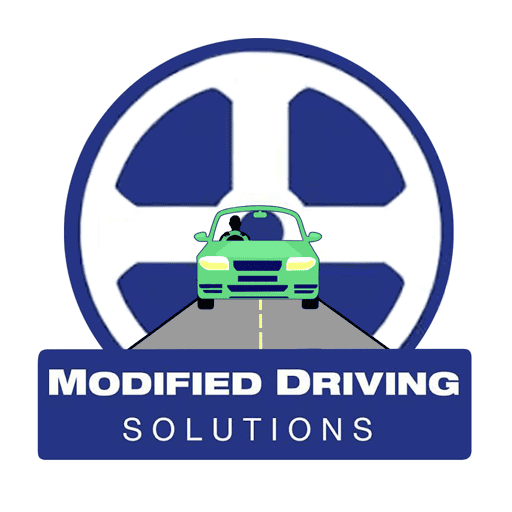Driving represents independence and freedom, but for individuals with medical conditions or disabilities, it can pose unique challenges.
Professional driving assessments by occupational therapists provide a compassionate and tailored solution to ensure safety and confidence on the road. These evaluations go beyond meeting legal standards—they empower individuals by addressing their specific needs and enhancing their driving capabilities.
This guide explores the critical role of OTs in assessing and supporting drivers, helping them navigate their path to independence.
Understanding the Role of Occupational Therapists in Driving Assessments
Occupational Therapists (OTs) are healthcare professionals who help people participate and complete the activities they want to do, need to do, and love to do. This often includes driving, an intricate skill that requires a multitude of abilities.
When it comes to driving, OTs play a critical role in assessing a person's medical capacity to drive carefully in conjunction with NSW road rules. They evaluate a range of factors, including physical, cognitive, and visual perception competencies, to determine if an individual is fit to drive in relation to medical concerns or disability.
Why Are Driving Assessments Important?
As we age or experience health conditions, our ability to drive can be impacted. In NSW, the first step to help determine if a disability or medical issue may alter driving capacity, is to see your doctor. If there is a concern or uncertainty about a medical condition's impact on driving, the RMS (also referred to as Transport for NSW) must be informed. Usually, the person's doctor makes this notification and additionally, a driving assessment by a qualified OT may be recommended.
Occupational therapy driving assessments can help to:
- Identify potential driving risks:OTs can pinpoint how medical concerns is disturbing driving such as vision problems, physical reaction time difficulties, or cognitive decline.
- Promote safety:By addressing these issues, OTs can help reduce the risk of accidents and injuries. These assessments also ensure that the driver is meeting Transport for NSW safety standards.
- Maintain or augment independence:Driving often goes a long way to enhance someone's autonomy and portability. The freedom to travel at will affords the individual greater social, employment and educational opportunities.
- Assist with driving rehabilitation:Driver Trained OTs can implement a driving lesson plan targeting specific areas of driving that the person needs most help with. Definitive driving goals are set.
- Assign vehicle modifications:When the medical issue or disability involves physical shortfalls, a person may require adaptive equipment to drive to necessary standards. In NSW, a Driver Trained OT has the responsibility of prescribing vehicle modifications on a person's licence.
What Does a Driving Assessment Involve?
- Clinical Interview:
- Medical history review including gathering pertinent medical referrals or RMS forms
- Discussion of current driving habits and concerns
- Assessment of cognitive function, including memory, attention, and problem-solving skills
- Evaluation of visual perception
- Physical Examination:
- Assessment of musculoskeletal function, such as strength, flexibility, and coordination
- Evaluation of sensory abilities and reaction time
- On-Road Driving Evaluation:
- Observation of driving skills in a real-world setting with OT and qualified driving instructor
- Assessment of vehicle control, lane positioning, speed control, and response to traffic signals and signs
- Evaluation of decision-making skills and ability to adapt to changing road conditions
Common Conditions That May Impact Driving Ability
Several conditions can affect a person's ability to drive safely. Some of the most common include:
- Neurological conditions:Stroke, Parkinson's disease, multiple sclerosis, and dementia can impair cognitive function, motor skills, and reaction time.
- Orthopedic conditions:Arthritis, joint pain, and limited range of motion can affect a person's ability to operate a vehicle.
- Visual impairments:Cataracts, glaucoma, and macular degeneration can significantly impact driving safety.
- Cognitive impairments:Attention deficits, memory problems, and difficulty processing information can impair driving ability.
In Summary
Professional driving assessments conducted by occupational therapists play a meaningful role in ensuring road safety.
By identifying potential driving risks and providing appropriate interventions linked to the individual's medical condition, OTs can help drivers maintain their self-governance and movability while minimising the risk of accidents.
If you or a loved one is concerned about your driving ability, consider consulting with an occupational therapist to undergo a comprehensive driving assessment.
At Modified Driving, we're here to help you with your OT driving assessment, helping you get back on the road with confidence and peace of mind.
Get in touch with us todayto book an assessment.


